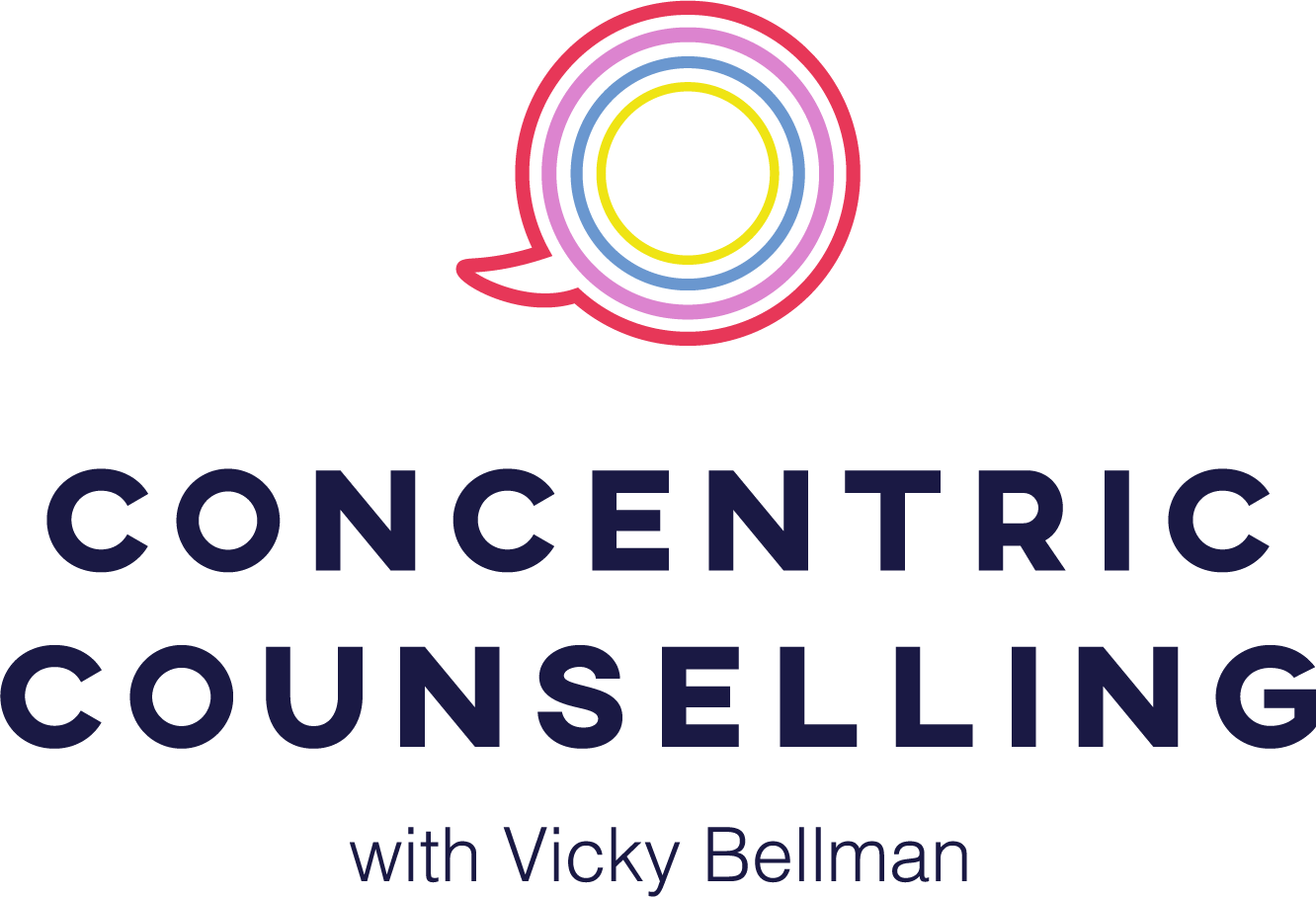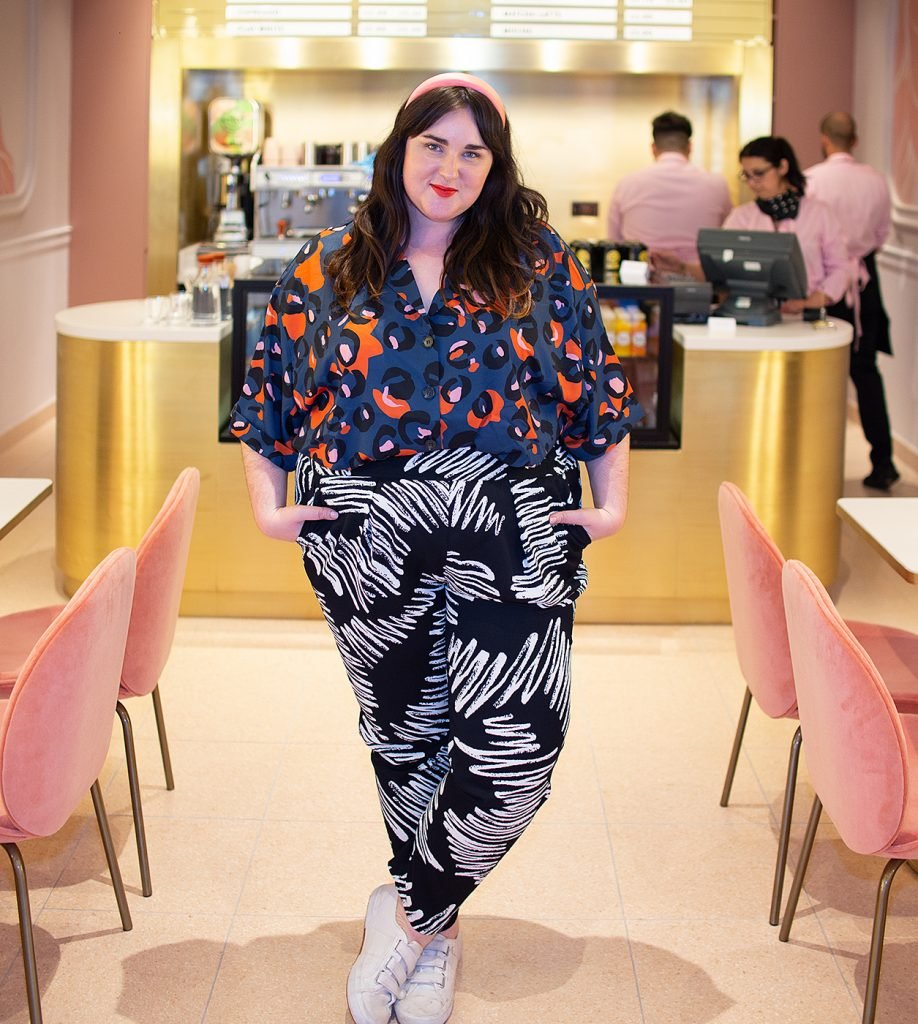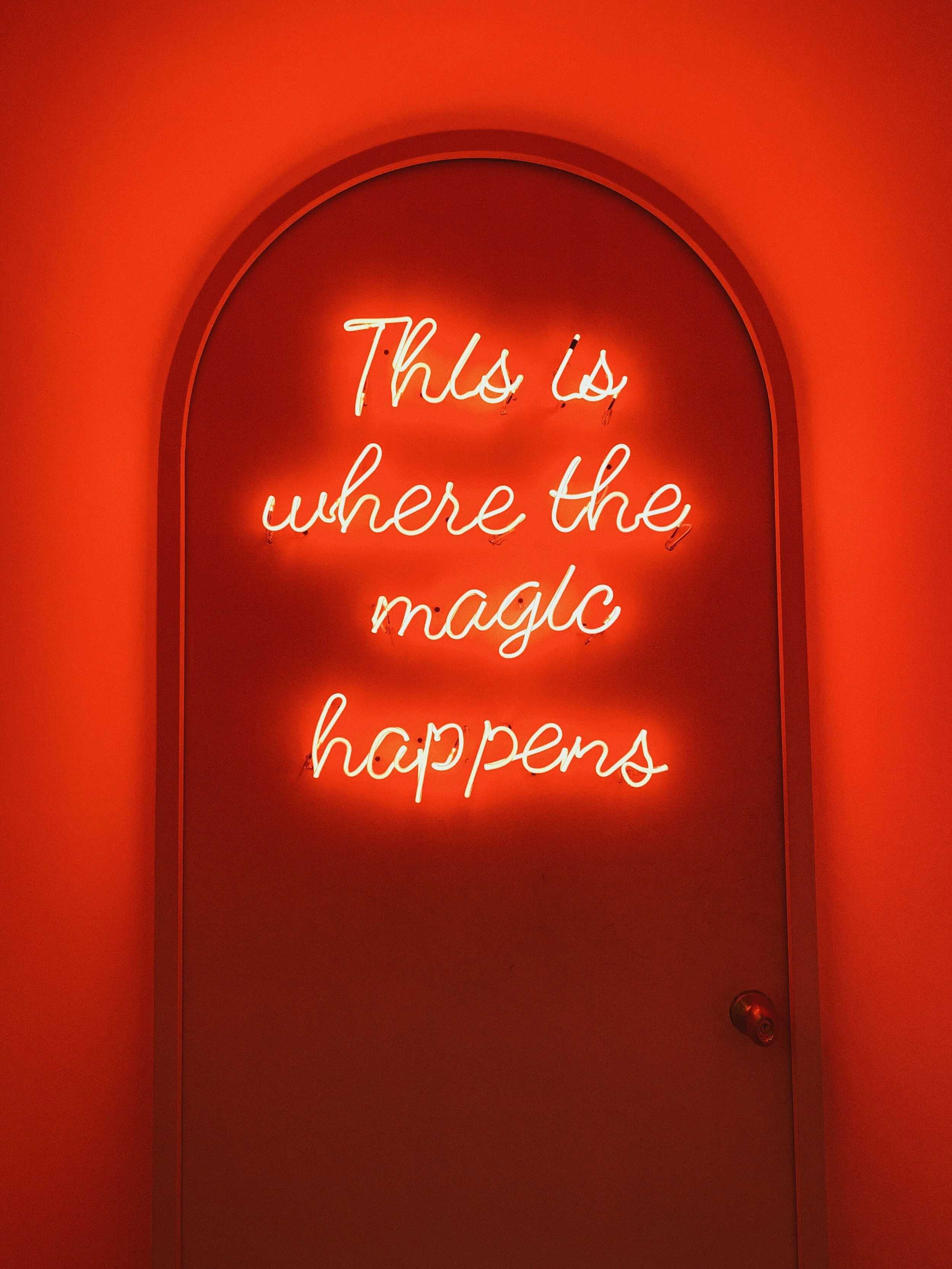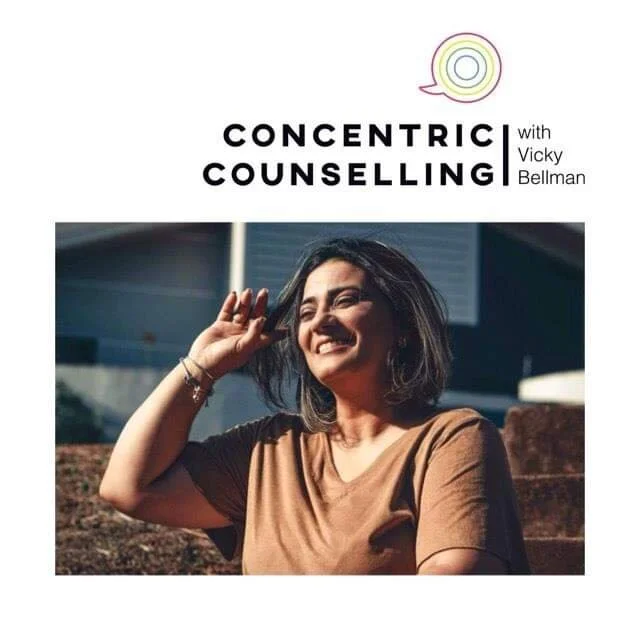Lessons from the ebb - how to get through when life draws back
We're in an ebb season, collectively, I think. And we're not encouraged to think about this at all. The effects of the pandemic, here in the UK, have been upon us for eleven months. And what’s been so surprising is how little accommodation we will often make for this. We’re living in a global tragedy – a collective trauma. Life has, necessarily, had to recede. We have had to lean hard on our internal resources – our patience, our hope, our tenacity. Understandably, we’re feeling a little depleted.
And when we have less in the tank, it would make sense that we would operate accordingly. We would do what we could to slow things down – to recognise that our performance and productivity might take a dip. We might have to be compassionate to ourselves – to recognise that we are doing as much as we can, as much of the time as we can. We might have to allow ourselves to be less than the best.
But, culturally, we’re not really in a place for this. In a capitalist culture that thrives on outcomes and results, so many of us are still experiencing an external pressure to perform. To work as many hours, to deliver the same production levels. But humans just aren’t like this, pandemic or no pandemic.
I’ve written before about life’s cold and dark months – how we are seasonal beings, who have periods of great productivity and periods of retreat. How, even in dormant times, nature continues to move towards growth. And, in this last year when I have spent such wonderful times developing my open water swimming experience, it has come to me again – how we flow and how we ebb. And, at the moment, it feels like we’re all in a collective ebb.
In our capitalist culture, we are encouraged to flow constantly. We are supposed to maintain a superhuman consistency of performance – we are supposed to have stable, if not rising, productivity. Even in the last year, the pressure to deliver results – in our work, in our personal developments, in our home lives, has been profound. Both externally and, through absorption, internally, we have held high expectations of keeping up. We have given little accommodation to the impact of a collective trauma upon us – the many losses and disappointments we have had to weather, the sadness and tedium of isolation.
But we can no more expect to pin a wave on the shore than we can expect ourselves to flow constantly without ever needing to recede. How would it be if we allowed ourselves to recede – instead of trying to move ever forward – how might it be if we allowed ourselves to draw back. To draw back into reflection, rest and recovery – to lean into the pull back?
The ebb
Swimming has been my great joy this year, and my best teacher. It has supported my work profoundly, in multiple ways; as a source of deep self care, and also as a teacher – learning about myself, learning about the world and her rhythms.
At the moment, it’s a bone-chilling five degrees in the water. But, as someone with a high tolerance for low temperatures, I’m in my element. As soon as I’m in the water, I feel a balance and equilibrium that is profoundly cleansing. My swims are some of the greatest joys of my life.
Sometimes, I will arrive at the beach... and the swim won’t be there. The swell will be too great, the breaking wave will be too violent. My passion to swim could disappoint me – I want the swim! I want the result I expected! But I’m learning there is as much to be gained on these days as on any visit to the coast. It’s in these moments that I have been learning from the ebb. These conditions remind me... sit, wait, this is not the day for action, this is the day for reflection.
So on the rough days, I sit on the shingle, high enough up to stay safe but still in the wash of the wave. I let the waves push themselves against me, I shiver in the cold. I watch the water rush back into the sea, clattering over the pebbles. I shriek with laughter at this wild, joyful experience; I play.
I look out to the grey and the green and the silvery blue, and think about myself, about these times; I observe.
I watch the winds and the length of the waves and the height of the swell, and I bank that data to build my understanding; I notice.
I accept the joy that is available to me, rather than trying to mould externals, totally outside of my control, to my internal expectations; I allow.
I listen to my body and acknowledge the deep settling of my nervous system; I rest.
All of this is available to me in the ebb; whilst it may not be longer distances or faster times: I grow.
And I learn. I learn about my own nature – I learn about my sometimes threadbare patience! I learn from what’s going on within me, and around me. I learn about my edges, and it all contributes to who I am and what I offer the world.
Of course, I could take my chances. I could stride into the sea, getting buttressed by the waves. I could risk it, I could make myself unsafe. But what good would it do; would it be growth? Would I learn anything, or would I just be wasting energy, fighting the conditions?
I’m not always entirely accepting, of course, but I try. I’m not always entirely satisfied, but I’m working on it. Sometimes I get a little too close to the edge, and a wave slaps me in the face! Sometimes, the wind whips me around the face and everything feels a little bleak and relentless. Then I know it’s time to wrap myself up again and get warm and drink tea and eat biscuits. I retreat.
The ebb season
And so too it is with life. In our lives, there are seasons where we just aren’t meant to go quickly or go stronger. In those seasons, we can learn to be patient. We could exhaust ourselves trying to make this a growth season, or we can recognise that growth looks different in different seasons – that in the dark months, we have to trust that the work is happening at the root, rather than in the bloom. These months contribute to the whole; they are part of our cycle. Our ebbs count, they aren’t wasted time. Our ebbs create the flow. And, having now sat in the ebb of the waves, I am assured – there is still power. This isn’t a passive time, although it can feel like it in our busy world. This is a time of great momentum, the drawing back of the arrow in the bow: the force building... until the tide turns and we begin to flow.
I’ve just finished Wintering, by Katherine May, and it aligns with exactly this understanding of the world, and of ourselves. There is a season for action, and a season for reflection; light and shade. It’s a lovely book to read to affirm the gifts of winter, of the ebb. It’s a reassurance that, within winter, there is still light and growth. It looks at some of the practices of winter, and how we can incorporate them into our care of ourselves during our own emotional winters.
“In our relentlessly busy contemporary world, we are forever trying to defer the onset of winter. We don’t ever dare to feel its full bite, and we don’t dare to show the way that it ravages us. A sharp wintering, sometimes, would do us good. We must stop believing that these times in our life are somehow silly, a failure of nerve, a lack of willpower. They are real, and they are asking something of us. We must learn to invite the winter in”
There are these seasons of life; the ebb times. When we can choose to fight the tide, and stand on the shore trying to command the waves, or we can sit in the shallows and trust that there will be flow. That after every ebb season there is a flow; it’s a closed system, we can rely on it. We can trust: the tide always turns.














